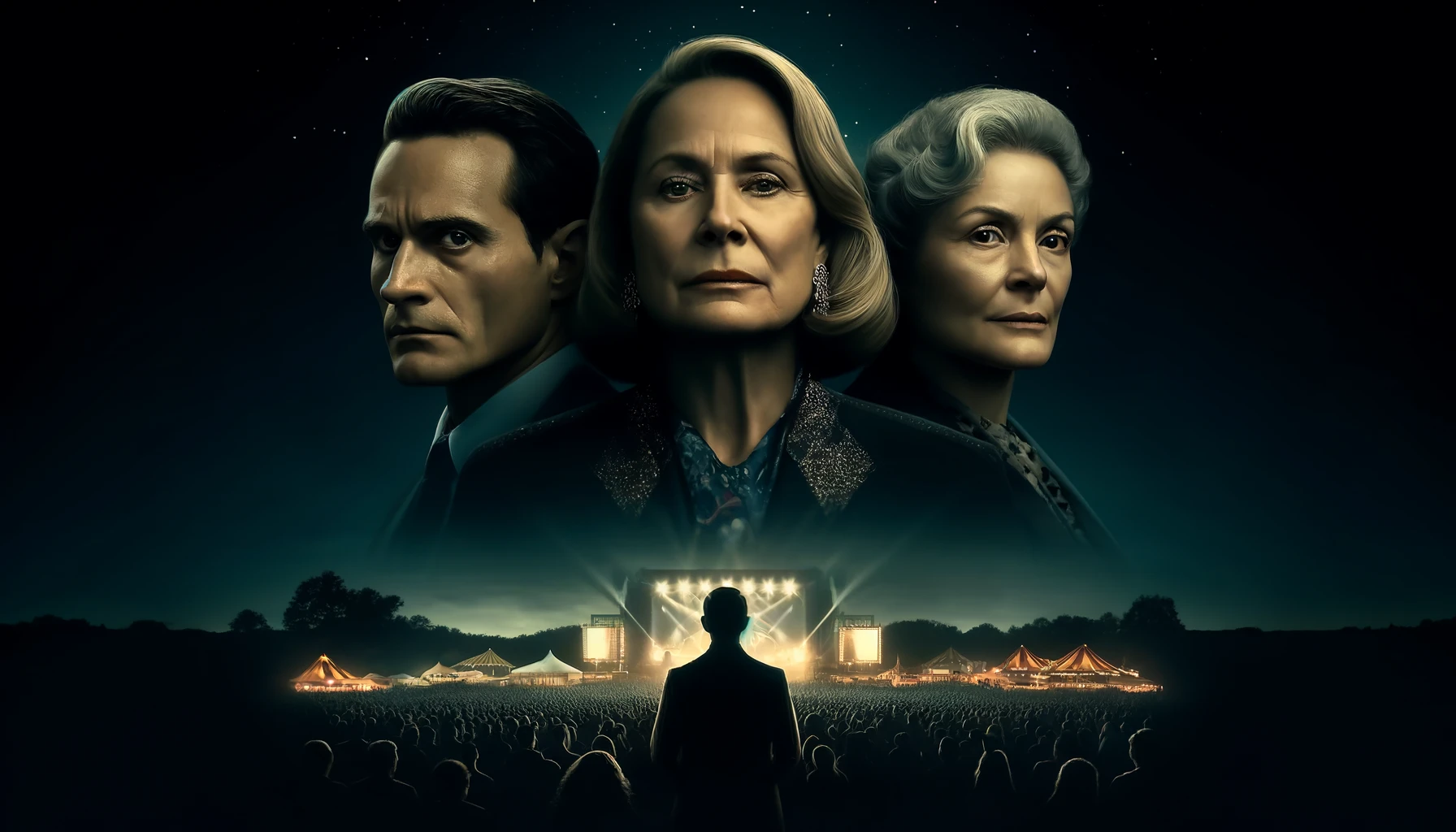
Discord in Highland Park: The Battle of Ravinia and the Politics of Power
In the picturesque town of Highland Park, a tempest brews—a conflict laden with ambition, power, and discord. Central to this storm is the Ravinia Music Festival, a cultural titan clashing with the humbler Ravinia Brewery. But the discord spirals beyond business rivalries, entangling local politics and community leaders in a narrative of confrontation and controversy.
The Ravinia Music Festival, despite its nonprofit status and cultural acclaim, has become embroiled in a legal squabble with the much smaller Ravinia Brewery. The disparity in resources is stark: the Festival, holding assets worth over a quarter billion dollars, pays minimal taxes due to its nonprofit status, yet it wields significant financial power—a Goliath to the brewery's David. This legal battle, observers argue, isn't about winning in the strictest sense but about outspending, leveraging vast resources to bear on a smaller opponent in a display of might rather than right.
Adding complexity to this tale is the recent municipal election, where councilmember Jeff Hoobler, part-owner of Ravinia Brewery, secured a landslide victory despite lacking the endorsement of Highland Park Mayor Nancy Rotering. Mayor Rotering, who has both an Honorary Chair with the Board of Ravinia and is an active member of the festival's woman's board, is a figure with higher political aspirations. Yet she has seen her political fortunes wane, possibly fueling a bitter rivalry. Hoobler’s success not only underscores the Mayor’s political challenges but also casts a long shadow over her ambitions, suggesting his triumph and her setbacks are deeply intertwined.
The plot thickens with the dismissal of Karen Ettelson from the festival’s woman's board. Rumors swirl that Ettelson, possibly in a moment of courage or solidarity, spoke in favor of Hoobler, urging the festival to abandon its aggressive legal posture towards the brewery. The lack of transparency around her departure leaves room for speculation that her dismissal was a consequence of her dissent, further painting a picture of an institution where dissent is not tolerated.
Mayor Rotering’s role becomes even more controversial with the revelation of a Prohibition-era law. Just weeks after approving Hoobler’s liquor license renewal, a mysterious tip led to a reevaluation under this archaic regulation, which prohibits city council members from holding a liquor license. While neighboring suburbs have modernized such outdated laws, Mayor Rotering and her allies appear resolute in their enforcement, presenting Hoobler with an impossible choice: his council seat or his livelihood.
This saga, with its rich tapestry of legal battles, political aspirations, and community impact, provides fertile ground for reflection. While the connections between the music festival's lawsuit, the mayor's political endeavors, and Ettelson’s dismissal are not explicitly confirmed, the interwoven narratives suggest a complex web of influence and retaliation at play. The reader is left to ponder: could these events, driven by individual ambitions and institutional power, be part of a broader, orchestrated strategy? The answer remains veiled, leaving a lingering question about the true cost of power and resistance in the heart of Highland Park.